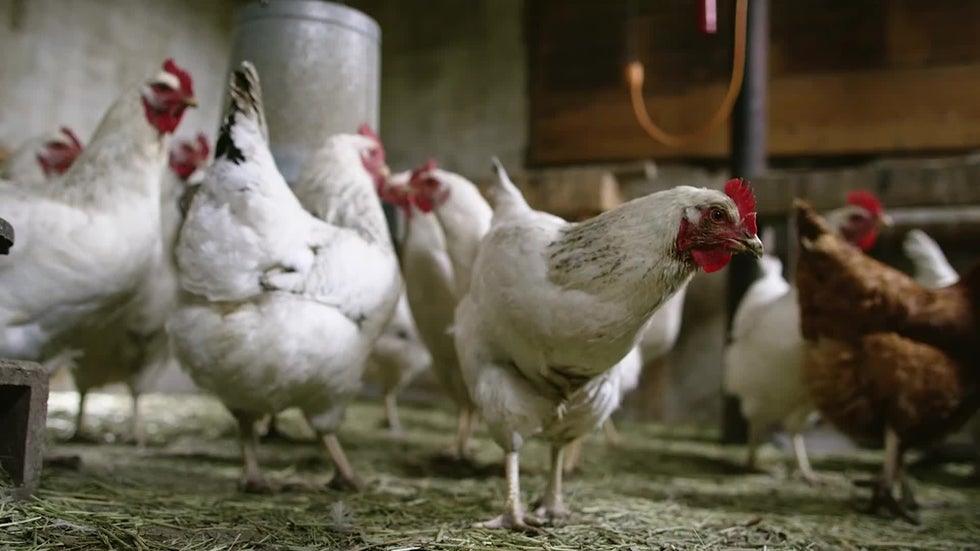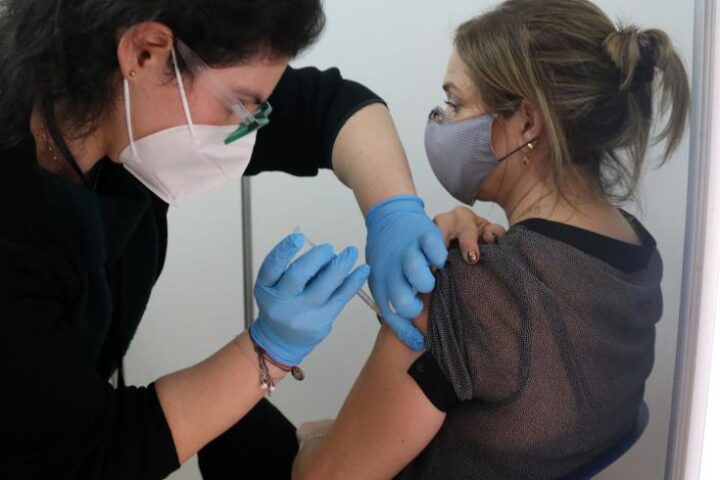Cyprus’ veterinary services will put down 1,000 birds at two farms in Paralimni after cases of avian influenza were found on the premises.
Authorities have been on bird flu alert since last week, when the first cases of the H5N1 virus, known as bird flu, were detected among two private owners.
The first farm had 800 birds, and the second 200. They included various waterfowl, such as ducks, swans, peacocks, and guinea fowls. It seems that the virus appeared simultaneously on both farms.
After noticing an increased death rate among the birds, the owners called the veterinary services.
All birds are to be euthanised to prevent the virus from spreading.
There is evidence that the birds were infected by a highly transmissible strain of the virus. As a result, owners will be compensated for the loss of their animals.
Bird flu is a disease caused by infection with avian (bird) influenza (flu) Type A viruses.
These viruses naturally spread among wild aquatic birds and can infect domestic poultry and other bird and animal species.
After confirming the H5N1 strain, the Veterinary Services issued restrictive measures to the owners of the two farms so that no birds were removed from these two areas.
These two properties are fenced off but not covered. Initial estimates say the disease was transmitted to the ducks by migrating wild birds.
The veterinary services have taken samples from three chicken farms in a three-kilometre radius. If cases are found, the radius will be extended to 10 km.
Following the detection of bird flu cases on the island, authorities are obligated to inform Brussels and the Turkish Cypriot authorities through UNFICYP.
Experts have told the public not to worry about bird flu spreading in the community.
In comments to CyBC, Dr Linos Hadjihannas, an infectious disease specialist, said it is rare for humans to become infected with avian flu or to infect each other with it, and most people don’t need to worry about getting sick from this virus.
“No cases in humans of avian flu have ever been reported in Cyprus.
“All the relevant authorities have been informed, and protocols are in place,” Hadjihannas said.
He noted that only those handling infected birds could be at risk of catching the virus; however, this, too, is rare.
The illness manifests similarly to the H1N1 flu virus, and the severity of symptoms depends on the infected person’s age and state of health.
Record outbreak
Record outbreaks of avian flu have swept across the UK, the US and Europe, as well as parts of Africa and Asia.
The World Organisation for Animal Health believes the wave of outbreaks is the result of international trade, farming practices and migratory wild birds.
Over 4.6 million birds died or were culled between mid-October and mid-November alone, according to the organisation.
Concerns over the outbreak prompted officials in England to order that all poultry and captive birds must be kept indoors from 7 November.










